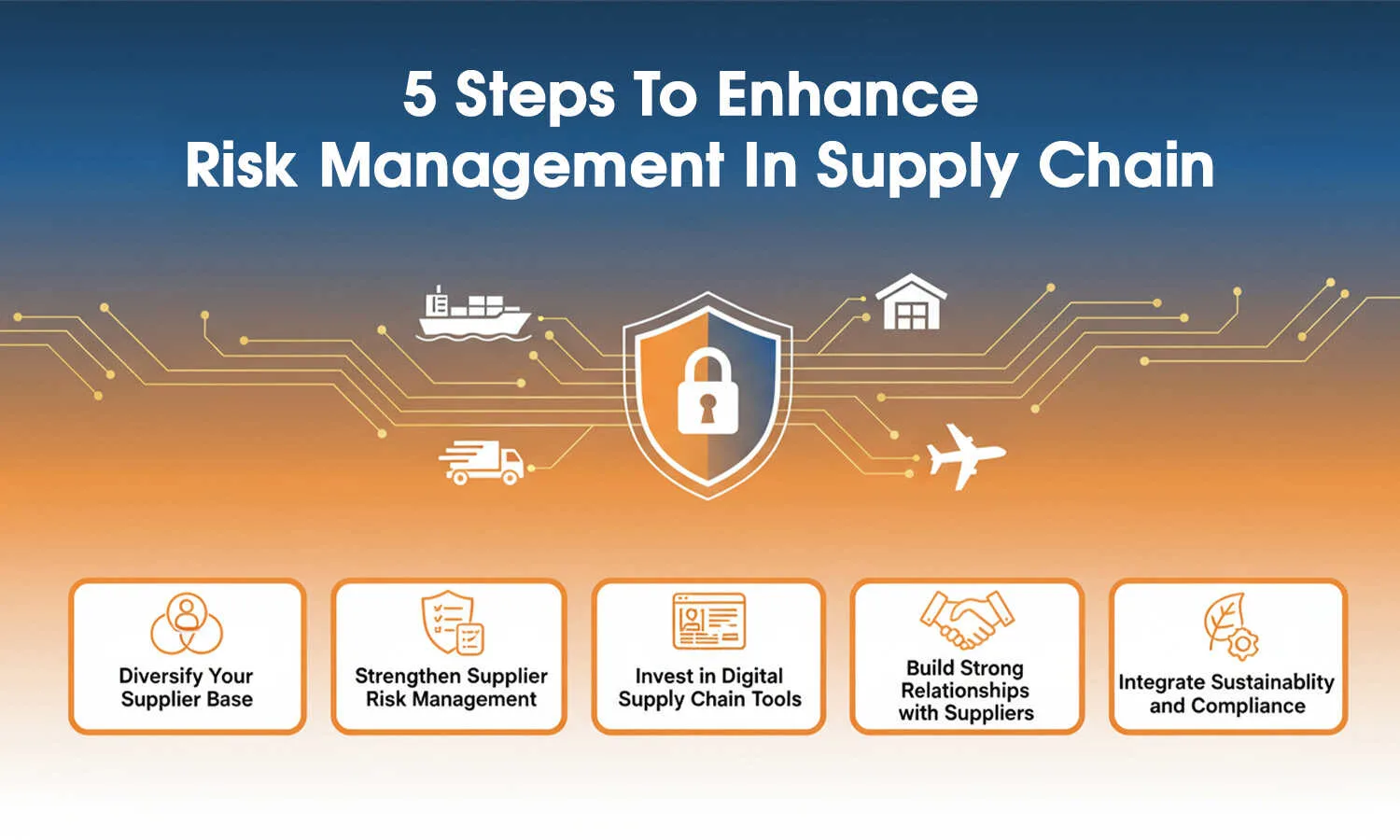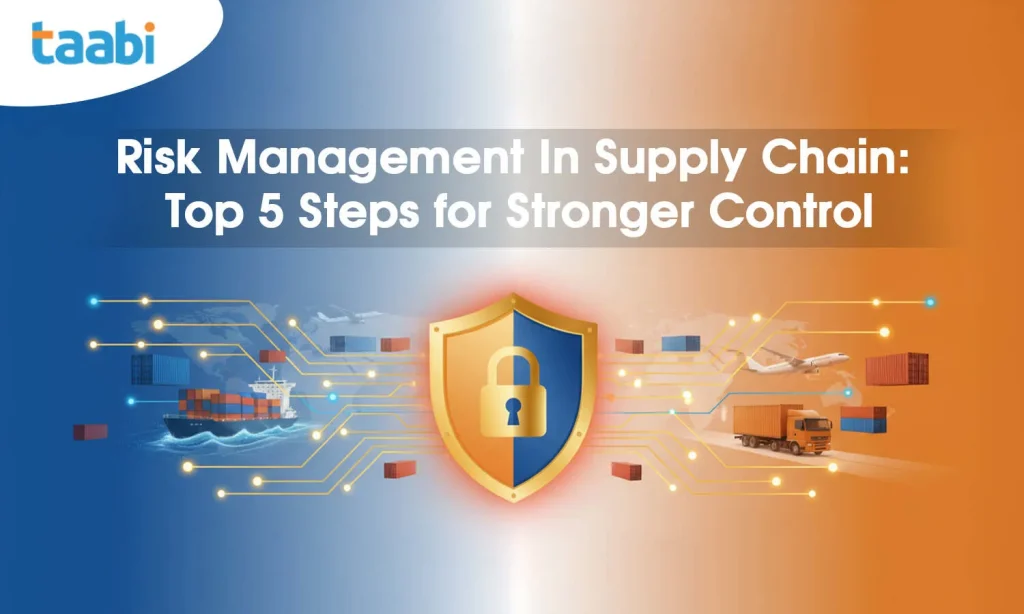The modern supply chain is more connected and fast-paced than ever, but it also faces greater risks. From supplier delays to regulatory issues, every link in the chain must be protected. That’s where Risk Management In Supply Chain becomes vital. In this guide, we’ll walk through what it means, why it matters, and how your business can build stronger, smarter defenses.
What Is Supply Chain Risk Management?
Risk Management In Supply Chain refers to the strategies and tools used to identify, assess, and control risks that can affect the flow of goods and services. These risks could be operational, financial, environmental, or geopolitical. A resilient supply chain uses data and technology to stay ahead of disruptions.
How To Implement Risk Management In Supply Chain?
Start by identifying potential risks—from supplier bankruptcy to customs delays. Then, assess the impact of each risk, prioritize them, and create action plans. Technology can automate this process and provide real-time alerts, helping teams act faster.

5 Steps To Enhance Risk Management In Supply Chain
➤ Diversify Your Supplier Base
Avoid depending on a single source. Spread your suppliers across different regions and vendors to reduce supply chain risk during political or environmental disruptions.
➤ Strengthen Supplier Risk Management
Conduct regular audits, financial reviews, and quality assessments. Reliable supplier risk assessment helps you catch issues before they affect your operations.
➤ Invest In Digital Supply Chain Tools
Using advanced platforms can help monitor goods, delays, and compliance in real time. Automation enhances visibility and speeds up decision-making.
➤ Build Strong Relationships With Suppliers
Transparent communication and fair contracts encourage long-term partnerships and faster resolution during disruptions.
➤ Integrate Sustainability And Compliance
Regulatory issues can break the supply chain. Ensuring all partners follow local and global regulations reduces future risk.
Here Is The Best Risk Management In Your Supply Chain
A good Risk Management In Supply Chain platform should offer:
- ➤ Real-time tracking and alerts
- ➤ Integrated supplier risk assessment tools
- ➤ Data-backed risk scoring for better decisions
- ➤ Scalability for both local and global logistics
Conclusion
A resilient supply chain is built on preparedness. By using digital tools, evaluating risks regularly, and maintaining strong supplier relationships, your logistics operations become more secure and future-ready. Taabi helps businesses take control with data-backed tools for real-time insights and supplier transparency.
Key Takeaways
- ➤ Risk Management In Supply Chain helps avoid costly disruptions.
- ➤ Key risks include financial failure, delays, and non-compliance
- ➤ Strong supplier risk management builds a dependable ecosystem.
- ➤ Investing in digital systems boosts visibility and response time.
- ➤ Taabi’s solutions help you manage supply chain risk proactively.
FAQs
What Are The Best Practices For Supply Chain Risk Management?
Use risk assessments, diversify suppliers, invest in tech tools, and maintain strong communication across the chain.
What Are The Main Types Of Supply Chain Risks?
Operational delays, natural disasters, regulatory issues, and supplier bankruptcy are some key risks.
How Often Should You Review Supply Chain Risks?
Quarterly reviews are recommended, with ongoing monitoring for high-risk vendors.
How Does Digital Transformation Help Supply Chain Management?
It offers better visibility, faster communication, and real-time analytics to prevent or mitigate issues.
Is Driver Safety Training Crucial for Fleet Managers?
Yes. It’s one of the best ways to reduce risk, improve delivery consistency, and lower operational costs.








